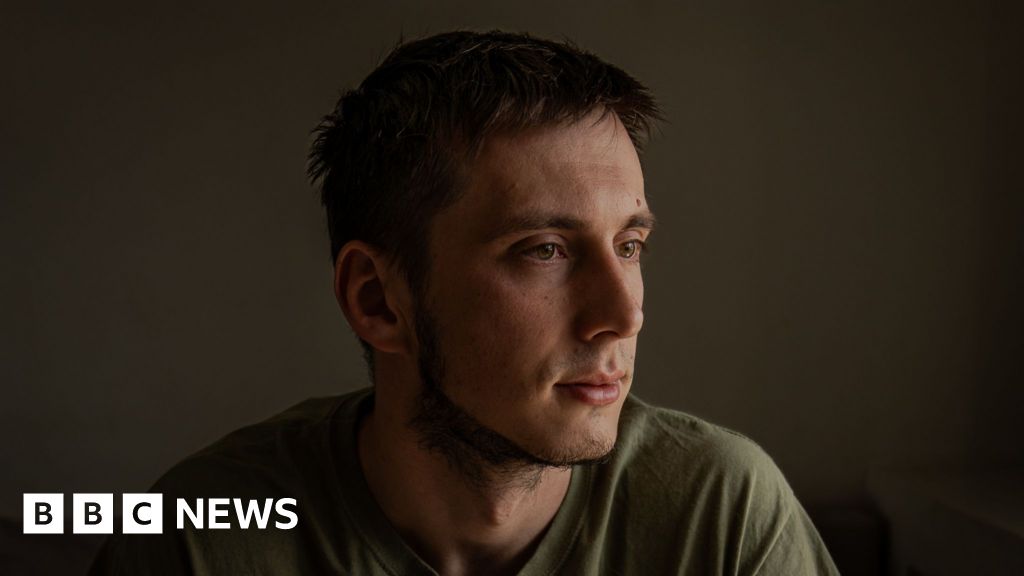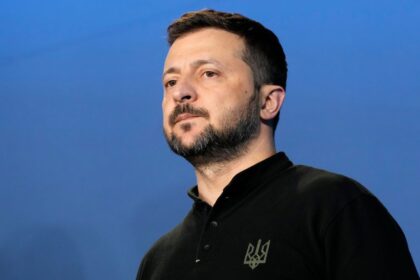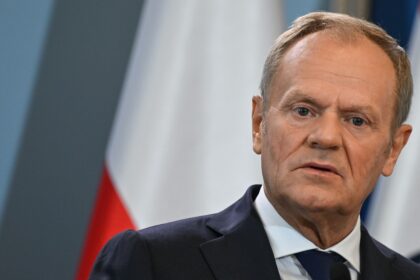This article highlights the psychological impact of drone warfare on soldiers and civilians in Ukraine. The use of drones has changed the nature of war, making it more akin to a constant surveillance and attack scenario. Soldiers are constantly on high alert, fearing that any unusual sound could be a drone, while civilians are forced to live with the terror of being targeted by these unmanned aerial vehicles (UAVs).
The article features interviews with soldiers and civilians who have experienced the trauma of living under drone attacks. Pavlo, a soldier, describes how his brain has been “changed” by the experience, making him constantly vigilant for any unusual sounds that could signal an impending attack.
Dmytro Olifirenko, a 23-year-old border guard, recounts how he was injured in an FPV drone attack on civilians in Kherson city. He now hears drones “constantly,” even when they’re not there, and has to be constantly on the lookout for them.
The article also highlights the psychological impact of being attacked by drones, which can cause a range of symptoms including anxiety, fear, and hypervigilance. It notes that this type of trauma is particularly difficult to treat because it’s not just about the physical harm caused by the drone but also the emotional toll of living in constant fear.
The use of drones has created a new type of battlefield where civilians are often caught in the crossfire. The article cites Human Rights Watch, which reports that at least 84 civilians have been killed in the Kherson region as a result of Russian drone attacks so far this year.
Overall, the article provides a nuanced and insightful exploration of the psychological impact of drone warfare on soldiers and civilians in Ukraine, highlighting the need for greater understanding and support for those affected by these conflicts.












